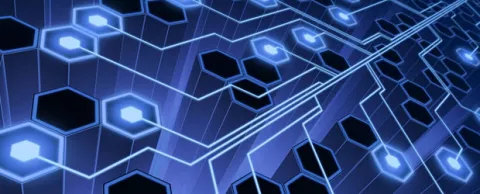
It may seem strange to suggest that cash-strapped cities consider undertaking two concurrent projects as a way to save money. But Italy-based Council Associate Partner Enel, rightly considered a smart meter and smart grid pioneer, will do just that starting this month when it begins a nationwide rollout to upgrade its first generation smart meters with new, advanced metering infrastructure. Enel's plan? Since it's doing the service visits for the meters anyway, why not install ultra-broadband optical fiber at the same time? According to one estimate, the company's strategy will save it a little more than $100 in installation costs – per home.
The takeaway? Many city governments are eager to employ smart technologies and services to improve the quality of life for their citizens, and run their cities more efficiently and cost-effectively. They may find that by following Enel's example and taking a longer-range view they can accomplish more faster by taking on two complementary projects at the same time – and reduce their investments for both. — Doug Peeples
It's a big project. Enel will begin rolling out advanced smart meters to more than 220 cities throughout Italy. Initially, it will lay 300 miles of underground and 300 miles of overhead fiber optic lines in Venice.
A pioneer in smart metering and smart grid, Enel was the first or among the first to deploy smart meters 15 years ago. Now, the company will invest about $2.8 billion to replace the older meters with about 33 million new, advanced meters and add the fiber network. Most of the initial Venice project should be wrapped up by 2018.
The first generation of digital smart meters were installed to reduce theft. The new meters have far more capabilities and are less expensive. Fiber is far thinner than it once was, so Enel says intrusions such as street excavations will be minimal. When finished, the network will offer speeds of up to 1 gigabit per second.
And no, Enel isn't going into the telecom business
The company said it would sell network access to telecom companies and is open to working with all of them, but does not intend to become an Internet service provider. It wants to limit its involvement to network development and maintenance.
More on strategy...
For many cities wanting to embark on a smart cities transformation, energy is a practical place to start. Electric power is essential for all aspects of city operations and services, from the built environment to transportation and far more. The Energy chapter of the Smart Cities Readiness Guide offers strategies and recommendations for how to maximize the robustness and efficiency of energy networks, and also addresses the interrelationships between energy and the other critical elements that make cities work.
Doug Peeples is a Portland, Oregon-based writer specializing in technology and energy. Follow @smartccouncil on Twitter.



